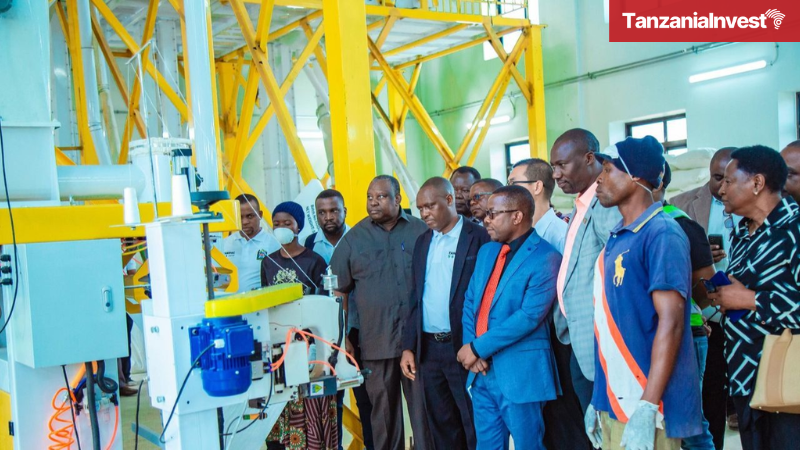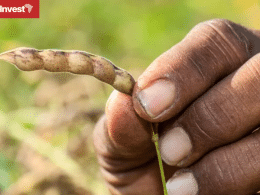The Ministry of Agriculture has completed the construction of a major maize processing plant and storage facility in Mtanana-Kongwa in the Dodoma Region.
This TZS 8.5 billion project was executed through the Tanzania Initiative for Preventing Aflatoxin Contamination (TANIPAC).
Following completion, the Ministry officially transferred the facility’s operation and management to the National Food Reserve Agency (NFRA) on April 15th, 2025.
The handover ceremony saw Deputy Permanent Secretary of the Ministry of Agriculture, Dr. Stephen Nindi, formally give control of the asset to NFRA Director General, Dr. Andrew Komba.
This facility represents Lot 2 of the comprehensive Mtanana Centre of Excellence for Post-Harvest Grain Management.
The project includes a maize processing plant capable of handling 62 tonnes per day (TPD).
It also features three modern steel silos providing 9,000 metric tonnes (MT) of storage capacity, alongside a 5,000 MT warehouse, a vehicle weighbridge, and supporting concrete roads.
Contractor M/s CRJE (East Africa) Limited undertook the construction, which commenced in April 2022 and concluded as scheduled in April 2025.
Dr. Nindi commended TANIPAC for its effective project management and emphasized the critical need for NFRA to maintain the infrastructure diligently.
He highlighted the facility’s role in tackling aflatoxin contamination, a key objective of the TANIPAC project.
“The completion of this project will help eliminate various challenges, including the problem of aflatoxin,” Dr. Nindi stated, urging NFRA to ensure the facility’s long-term operational efficiency through proper upkeep.
Dr. Andrew Komba, head of NFRA, thanked the Ministry and TANIPAC for delivering the project.
He noted the facility’s modern processing technology will significantly benefit the agricultural sector and the nation by improving maize quality and safety.
TANIPAC Coordinator, Mr. Clepin Josephat, confirmed the TZS 8.5 billion investment covered all construction aspects of the plant, silos, warehouse, weighbridge, and associated infrastructure.
This investment significantly boosts Tanzania’s capacity for safe grain storage and processing.
The facility directly supports NFRA’s mandate to manage national food reserves and enhances Tanzania’s food security infrastructure by improving post-harvest handling and reducing contamination risks like aflatoxin.










